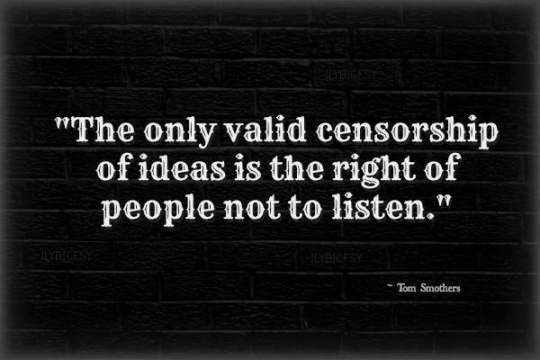The Need for Context
Societies necessarily need to establish shared ways of viewing and
conceptualising the world and of establishing the shared subjective
landscapes of individuals: a role that has historically been undertaken
most commonly by religion, more recently perhaps by capitalism,
materialism and the cult of the self. The same problem tends to emerge
from this shared human compulsion to establish familiar routes of
becoming. Modes of perception and being become frozen or normalised and
identities form around them into pre-given destinies, lines along which
individuals and groups are expected to travel. An alternative way of
conceiving of the world is potentially overtly relativistic and denies
any form of truth or the possibility of hierarchy. This is what
Tom Pepper
would criticise as the failing of post-modernity. As individuals in the
West, we are to some degree left to choose: to bind our experience of
self to a belief system and ideology that we are attracted to, such as
Buddhism, or drift wherever the ideological currents of the dominant
society lead. In either case, the collective nature of self is often
ignored or under-appreciated.
Non-duality and problems in affirming our existence
When talking about non-duality these days, there are two primary
schools of thought that tend to dominate discussion: Buddhism and
Advaita. If we look at figures such as
Nagarjuna, the originator of the
Madhyamaka School
of Indian philosophy, non-duality is presented along the lines of
reductionism ad infinitum and the deconstruction of the self to its
empty conclusion. Hokai Sobol once explained that the
Yogacara school
of Indian philosophy describes the experience of non-duality or
emptiness in the affirmative: an experience that is intimately bound
with compassion and the awareness of our co-arising existence or
entrapment. Paul Williams states much the same in his textbook on the
doctrinal foundations of Mahayana Buddhism whilst observing how early
scripture of the Yogacara emerge specifically in the context of first
person meditation practice, rather than philosophical argumentation. It
seems inevitable that once we work out what we are not, we are left to
ask ourselves what remains, and consider how our view of what remains
determines to a great deal how we build community and establish values,
and in the Buddhist context, how meditative and ethical practices are
constructed.
What a person remains as once
non-duality has been meaningfully confronted and the false
identification with an atomistic self has been discarded requires
pragmatic formulation. Not wanting to remain within a reflection on this
topic from a strictly Buddhist perspective, and with a desire to open
up the discussion so that it isn’t imprisoned in Buddhist discourse and
therefore impoverished, I am motivated by the need to build descriptions
of the individual and shared subjective experience of living
non-duality as a matter of fact. I think the logic of no-self is
sufficient to be a matter of fact and that it does not need to remain a
Buddhist or spiritual idea. If we take it as a given that the individual
self is not self-existing, or a separate entity to be found somewhere,
then the question naturally emerges: what are we? It is inevitable that
we need find some sense of who or what we are; we are questioning,
self-reflective beings after all and in our shared existence, we need
shared ideas of who and what we are that can potentially reduce
ignorance, suffering and the continued pursuit of growth at the expense
of natural capital.

